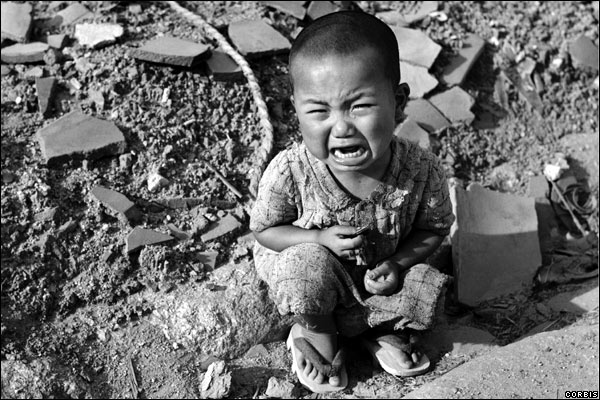 Paul Fussell was born on March 22, 1924 in California. He is noted as a cultural and literary historian. He has published many books on topics that include English literature, wars, and social classes, as well as, a memoir of his life. An award he had received for his writing was the National Book Award for Arts and Letters for The Great War and Modern Memory. In 1943 he was drafted into the United States military and by 1944 he had landed in France to fight. During his service he saw front line action and fought the Germans in Alsace where he was seriously wounded. After his time of service he spoke out against the military and blamed them for what today we would call Post Traumatic Stress Disorder. He firmly believed that it dehumanize it’s soldiers and romanticized warfare. Fussell received his Ph. D. from Harvard University and spend his years teaching at many well known universities around the country and abroad.
Paul Fussell was born on March 22, 1924 in California. He is noted as a cultural and literary historian. He has published many books on topics that include English literature, wars, and social classes, as well as, a memoir of his life. An award he had received for his writing was the National Book Award for Arts and Letters for The Great War and Modern Memory. In 1943 he was drafted into the United States military and by 1944 he had landed in France to fight. During his service he saw front line action and fought the Germans in Alsace where he was seriously wounded. After his time of service he spoke out against the military and blamed them for what today we would call Post Traumatic Stress Disorder. He firmly believed that it dehumanize it’s soldiers and romanticized warfare. Fussell received his Ph. D. from Harvard University and spend his years teaching at many well known universities around the country and abroad.  Michael Walzer was born on March 3, 1935. He is a political philosopher and public intellectual, as well as, an author of numerous books, journals, and essays on topics that include war, nationalism, and ethnicity. Also, he is identified as one of the leading supporters of the “Communitarian” position in political theory. People who follow in the communitarian philosophy believe in the balance of rights and interests between the individual and the community as a whole. Walzer was a professor of Social Science at the Institute for Advanced Study, Princeton for many years as well as at Harvard University.
Michael Walzer was born on March 3, 1935. He is a political philosopher and public intellectual, as well as, an author of numerous books, journals, and essays on topics that include war, nationalism, and ethnicity. Also, he is identified as one of the leading supporters of the “Communitarian” position in political theory. People who follow in the communitarian philosophy believe in the balance of rights and interests between the individual and the community as a whole. Walzer was a professor of Social Science at the Institute for Advanced Study, Princeton for many years as well as at Harvard University.Fussell retorts Walzer’s words and defends his standpoint. Fussell feels that they do not agree on an emotional level. Fussell says that his “article on Hiroshima was to complicate, even mess up, the moral picture” and that being portrayed as “terrorists” is oversimplifying it. He states that he was horrified by the bombing, as well as, happy because it saved his life. His objective of writing the article “was to offer a soldier’s view, to indicate the complex moral situation of knowing that one’s life has been saved because others’ have been most cruelly snuffed out.”


















































